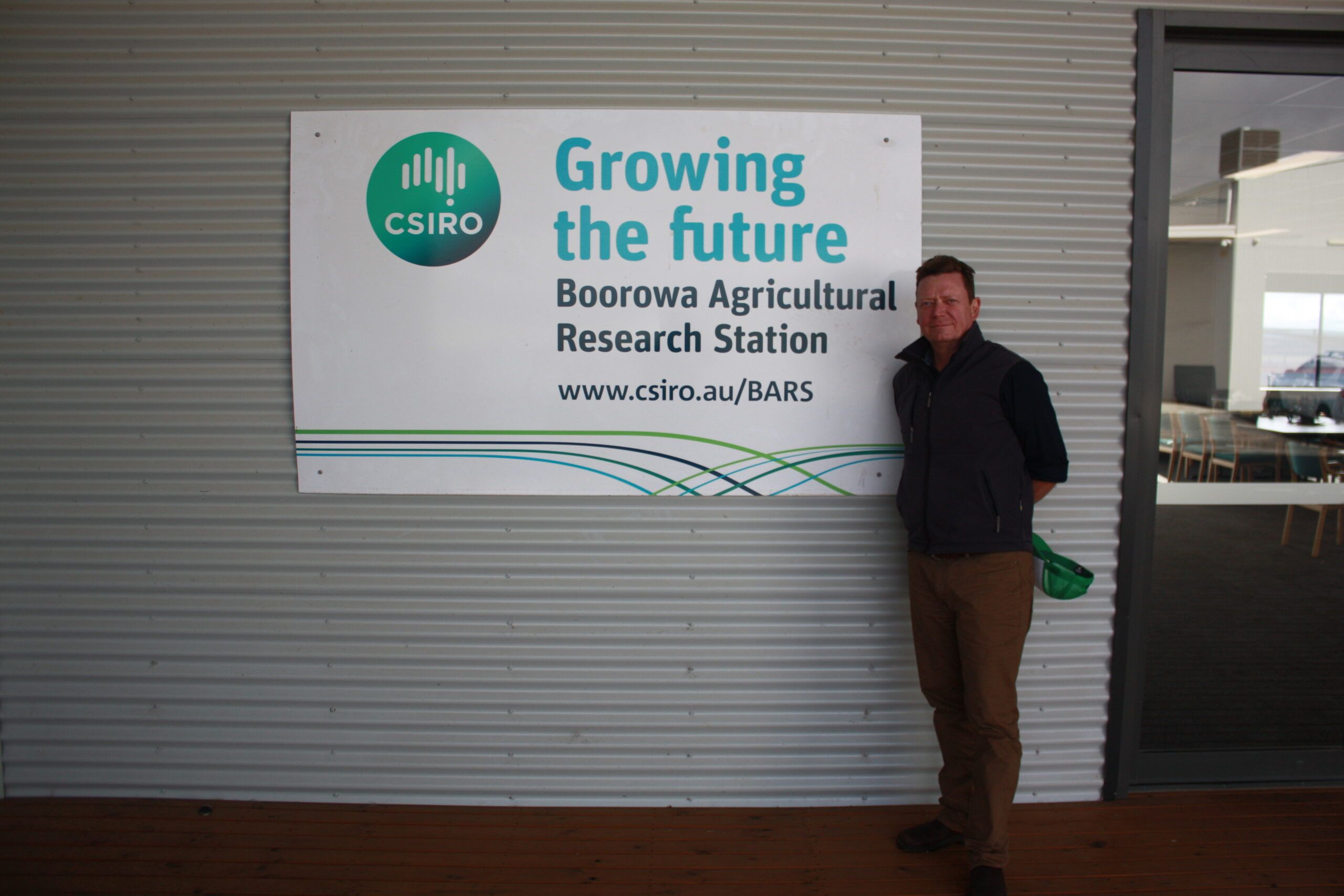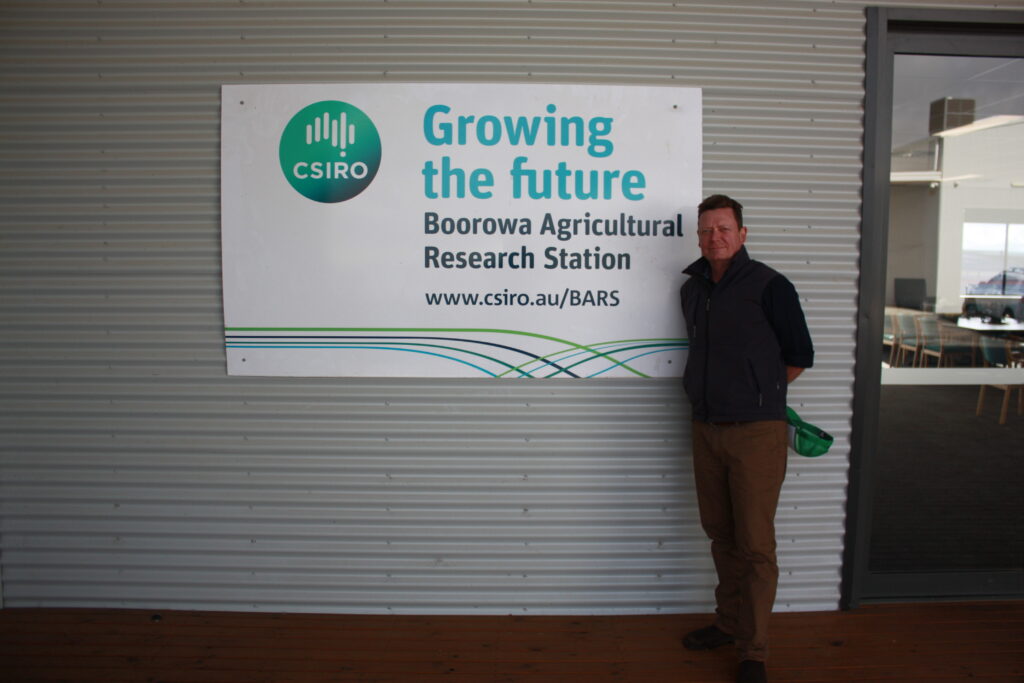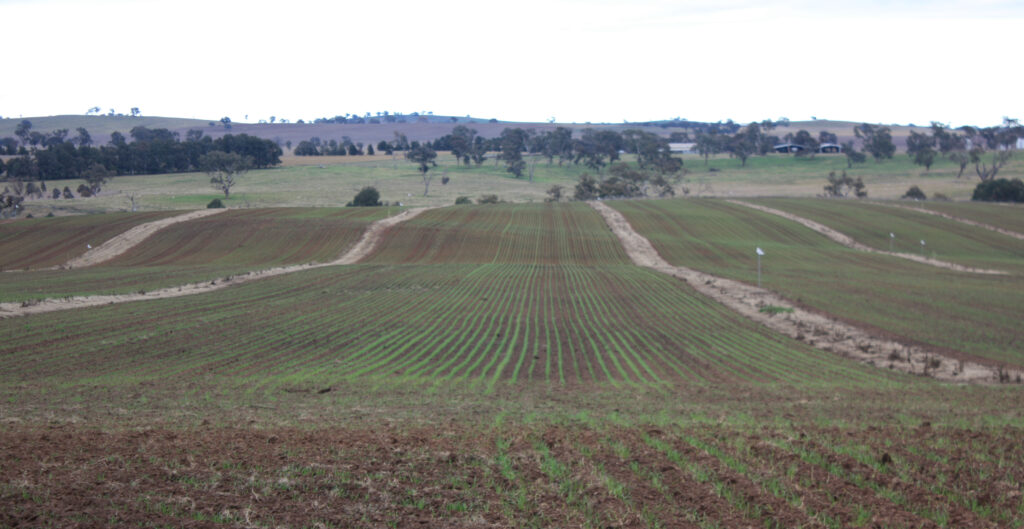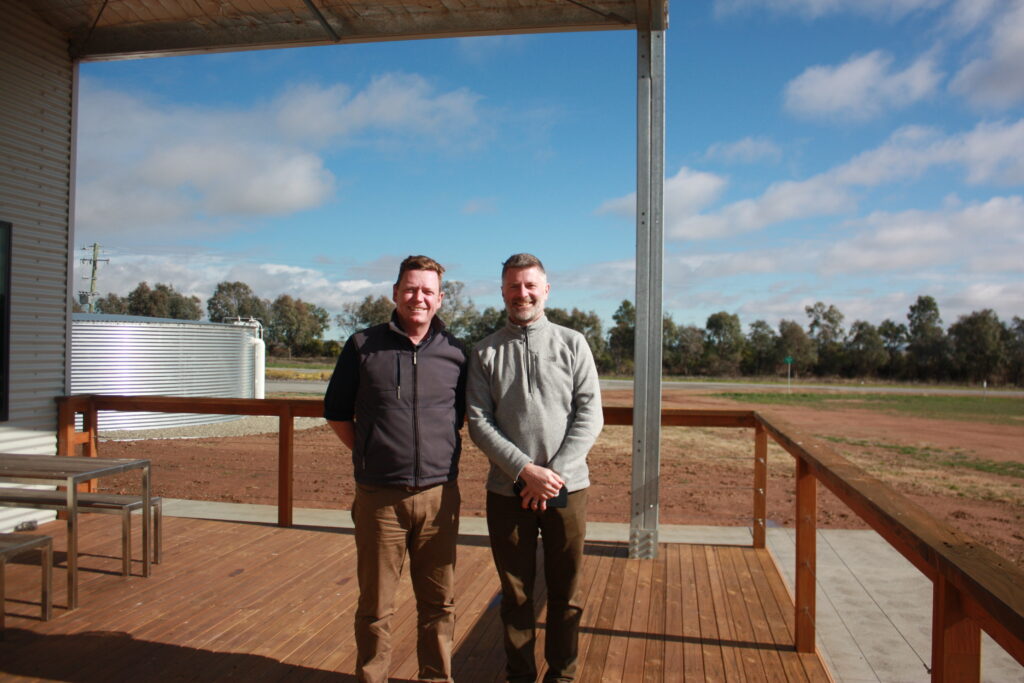While online meetings enable the geographic spread of our networks (and enabled projects to maintain momentum during COVID-19), face-to-face events still provide opportunities to build the relationships that are crucial to professional networks. It was great that I had the pleasure of being involved in several face-to-face events in June, including attending the annual awards night for the Australian Academy of Technology & Engineering (ATSE) that was held at the National Portrait Gallery. The ANU College of Engineering and Computer Science (CECS) was a Silver Sponsor of the event, which enabled several researchers from the ANU-CSIRO precinct to meet a wide range of industry, government and foreign embassy representatives. Among the attendees was Dr Anna El Tahchy. Anna is the Chief Technical Officer at Nourish Ingredients – one of the five start-up companies in the CEAT Innovation Hub. Prior to joining Nourish, Anna worked at CSIRO for 11 years on finding novel ways of manufacturing animal-free fats and flavours. Anna’s attendance at the ATSE awards night was not just for networking, as she received the prestigious ATSE ICM AgriFood Award in recognition of her “efforts to revolutionise the flavour and sustainability of plant-based food”. It was fantastic to see Anna rewarded, not just for her research achievements, but also for helping build a knowledge-based, tech-based company here in Canberra.
June was also the month when I got to visit the CSIRO Boorowa Agricultural Research Station (BARS), located 100 km north of Canberra. BARS is a $11.5 million, 290 hectare state-of-the-art facility where emerging crop science, agronomy and farming system technologies can be tested; it replaces the recently decommissioned CSIRO Ginninderra Experimental Station that had been operated by CSIRO since 1958. My host at BARS was Stuart Brown – the site manager and all-round tech expert (you can read a nice article about Stuart here). Stuart gave me a tour around the facility, starting with look at Dr John Kirkegaard’s fantastic new long-term experiment that is assessing the effect of different farming systems on agricultural output. Key to the experiment is linking fine scale environmental monitoring across a heterogeneous landscape to create new insights into how different management/rotation strategies influence productivity. Stuart proudly showed how he is using CSIRO’s cloud platform, Senaps, to collate data from across BARS, and how the site will enable testing of next generation crops that have been genetically altered to improve yield potential and resilience. BARS is also harnessing the power of drone-based sensors to non-invasively monitor crop growth and performance. With its terrific mix of technology, infrastructure and location, BARS presents an ideal location to not only do cutting edge research but also to showcase to students from diverse range of disciplines – including in areas of engineering, data/computer/environmental sciences and molecular biology – how their skills will be relevant to the future of the agri-sector. Looking forward, my hope is that we will be able to develop educational offerings that enable students to use BARS as part of their undergraduate and post graduate degrees at ANU.
__–__
Staying with the networking theme, June was also a month that CEAT became a foundation member of the Australian Agritech Association. Founded in 2018 by Andrew Coppin, Mike Briers, Sarah Nolet, Matthew Pryor and Craig Shapiro, the Association’s goal is to help create a vibrant agri-tech industry that serves Australian agriculture and which – in the future – is exporting $20B+ per year of agri-technology around the world. I see exciting opportunities for CEAT to work with the Association to help achieve these goals. This will include connecting university researchers (e.g. engineers, computer and environmental scientists, biologists) with a range of established and emerging Australian agri-tech companies to explore opportunities that are mutually beneficial to researchers and industry. Being based in Canberra also means that CEAT can help connect the Association’s members with a range of Federal Government entities, peak bodies and foreign embassies. With that in mind, CEAT (in collaboration with the Canberra Business Chamber) will be running an International Business Connect event in August, with the event providing an opportunity for the agri-tech community to meet with representatives from Federal agencies (including Austrade) and several foreign embassies.
This month CEAT began discussions on what we see as the long-term goals of the work we do. Using a ‘Theory of Change’ (ToC) approach, Denise Higgins (CEAT Senior Manager responsible for Strategic Planning and Evaluation) is leading a process through which we identify our long-term goals, the preconditions needed to achieve them, and how we will evaluate the impact of our activities and investments. I am looking forward to seeing how the ToC approach evolves over the coming months, including how it helps us identify where we need to invest our resources and how we evaluate the performance of the CEAT Innovation Hub, Research Translation and Innovation Training initiatives.
Finally, a few congratulations, farewells and thanks.
Along with partners from the Fenner School of the Environment and Society, Charles Sturt University and Sustineo, Marty Amidy (CEAT Industry Engagement Senior Manager) was awarded a contract from AgriFutures to understand the unique challenges faced by AgriFutures levied small and emerging industries, and how these challenges differ from the wider agri-sector in terms of immediate and future skills needs. The project will also identify what approaches are likely to enhance skills and training outcomes for AgriFutures levies payers, and strategies for Australian industry to access the global agri-food tech ecosystem.
Last week, the CEAT said farewell to Sarah Adams. Sarah joined CEAT in early 2019 just after we opened the Innovation Hub. Her initial role was in communications, with Sarah playing crucial roles in the building of the CEAT brand, establishing of the CEAT website, report writing and document editing. I am indebted to Sarah for her commitment and hard work as CEAT was established. More recently, Sarah moved to business development and outreach work in the CEAT team, helping researchers develop stronger links with industry. Sarah has now accepted a Senior Manager role in the ANU Business Engagement and Commercialisation team. Thus, while she is leaving the CEAT team, we are pleased that she will continue to help build greater links between ANU researchers and industry.
Many thanks to the CEAT team and CEAT Innovation Hub members for their contributions to our Winter Solstice Lunch that was held on June 21. Great food and a terrific community vibe was enjoyed by all.
And as always, make sure you read the articles in this month’s newsletter.
Thank you.
Owen Atkin, Director, CEAT.



